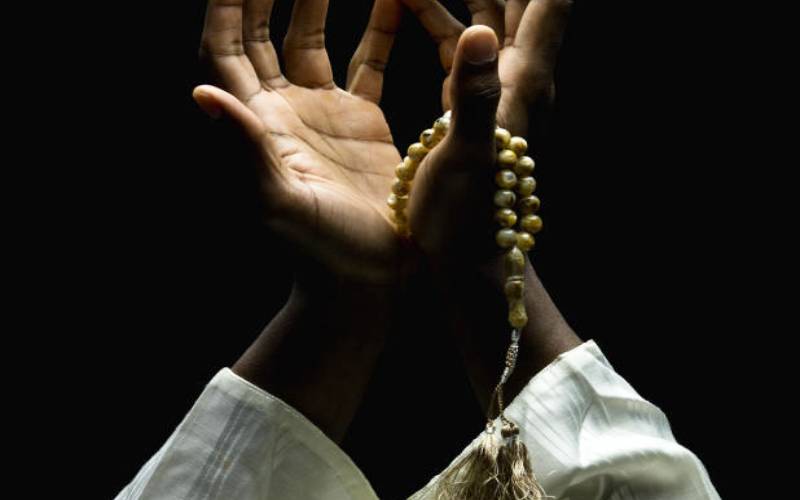
One’s intention matters so much that the Prophet’s statement: “Actions are but by intentions, and everyone shall have but that which he intended” is said to comprise a third of all religious knowledge.
This is because having the right intentions determines whether the fasting, the prayer, the charity and other acts will be accepted by Allah or will be mere acts of showing off.
Intentions determine the weight of our deeds and we cannot hide it from Allah
Principally, making intention for fasting is a requirement for fasting. The Prophet (peace be upon him) said “Whoever does not intend to fast before dawn, there is no fast for him.
This means that one should, in their mind first, be aware that they are leaving off their halal food, drink, sex and more for the sake of Allah as taught by the Prophet through the Qur’an and sunnah.
The intention or niyyah, is therefore a personal affirmation to Allah whether the deeds being done are for His sake or for mundane reasons.
Allah values this personal aspect of the relationship between himself and his servant so much such that the ones who violate their intention by doing acts which are pleasing to Allah but with the intention of showing off to others will be the first to be accounted for on the Day of Judgment.
He who performed prayer to be seen that he is praying and he who recited Quran to be praised for their recitation or gave charity that people may say he is generous will be confronted and be the first to receive penalty.
When describing the uniqueness of fasting, scholars remind us of the hadith that Allah says that our fasting belongs to Him.
That while other acts of worship have set portions of rewards, Allah himself will look at your fasting and determine the reward.
And this is where the purity of your intentions amplifies your rank higher than the next person who has fasted, prayed and done everything else equally.
Allah rewards fasting as he wishes because only He can assess how pure and sincere our intentions are. And that’s what makes Ramadhan different from other acts.
A fasting person is merely a starving person and only by his intention does it become worship.
A fasting person who has checked their intention will strive to perfect it by adhering to its conditions and steering clear of what will spoil it.
They will avoid backbiting, lying and when someone starts a quarrel with them, they will just say: “I am fasting”.
The Prophet (peace be upon him) says that whoever intends to perform a good deed but does not do it, Allah will record it as a complete good deed.
Imagine having the reward of feeding the needy and praying Qiyamul-layl and other good deeds without doing any of that. This only works if the intention is sincere.
This Ramadhan, check your intentions by asking yourself why you are fasting and what would you want to gain from it.
Remember to check yourself for signs of riya or showing off, which is the silent destroyer of good deeds.
The nature of fasting is that you’ll have time for contemplation.
And that allows one to self-assess and hopefully reap the best of rewards this Ramadhan.
May our intentions this Ramadhan be purified and our good deeds magnified before Allah.
 The Standard Group Plc is a multi-media organization with investments in media
platforms spanning newspaper print operations, television, radio broadcasting,
digital and online services. The Standard Group is recognized as a leading
multi-media house in Kenya with a key influence in matters of national and
international interest.
The Standard Group Plc is a multi-media organization with investments in media
platforms spanning newspaper print operations, television, radio broadcasting,
digital and online services. The Standard Group is recognized as a leading
multi-media house in Kenya with a key influence in matters of national and
international interest.
 The Standard Group Plc is a multi-media organization with investments in media
platforms spanning newspaper print operations, television, radio broadcasting,
digital and online services. The Standard Group is recognized as a leading
multi-media house in Kenya with a key influence in matters of national and
international interest.
The Standard Group Plc is a multi-media organization with investments in media
platforms spanning newspaper print operations, television, radio broadcasting,
digital and online services. The Standard Group is recognized as a leading
multi-media house in Kenya with a key influence in matters of national and
international interest.










